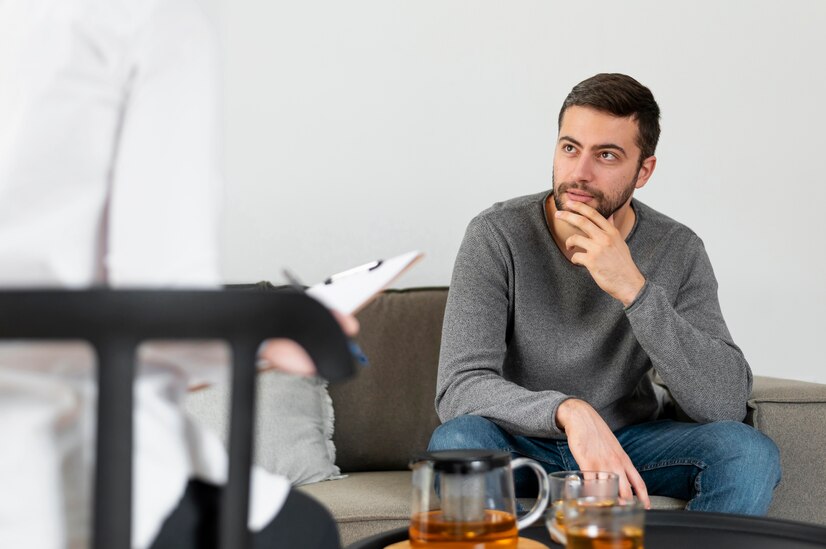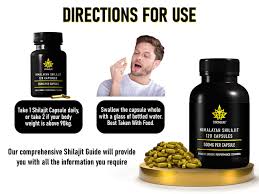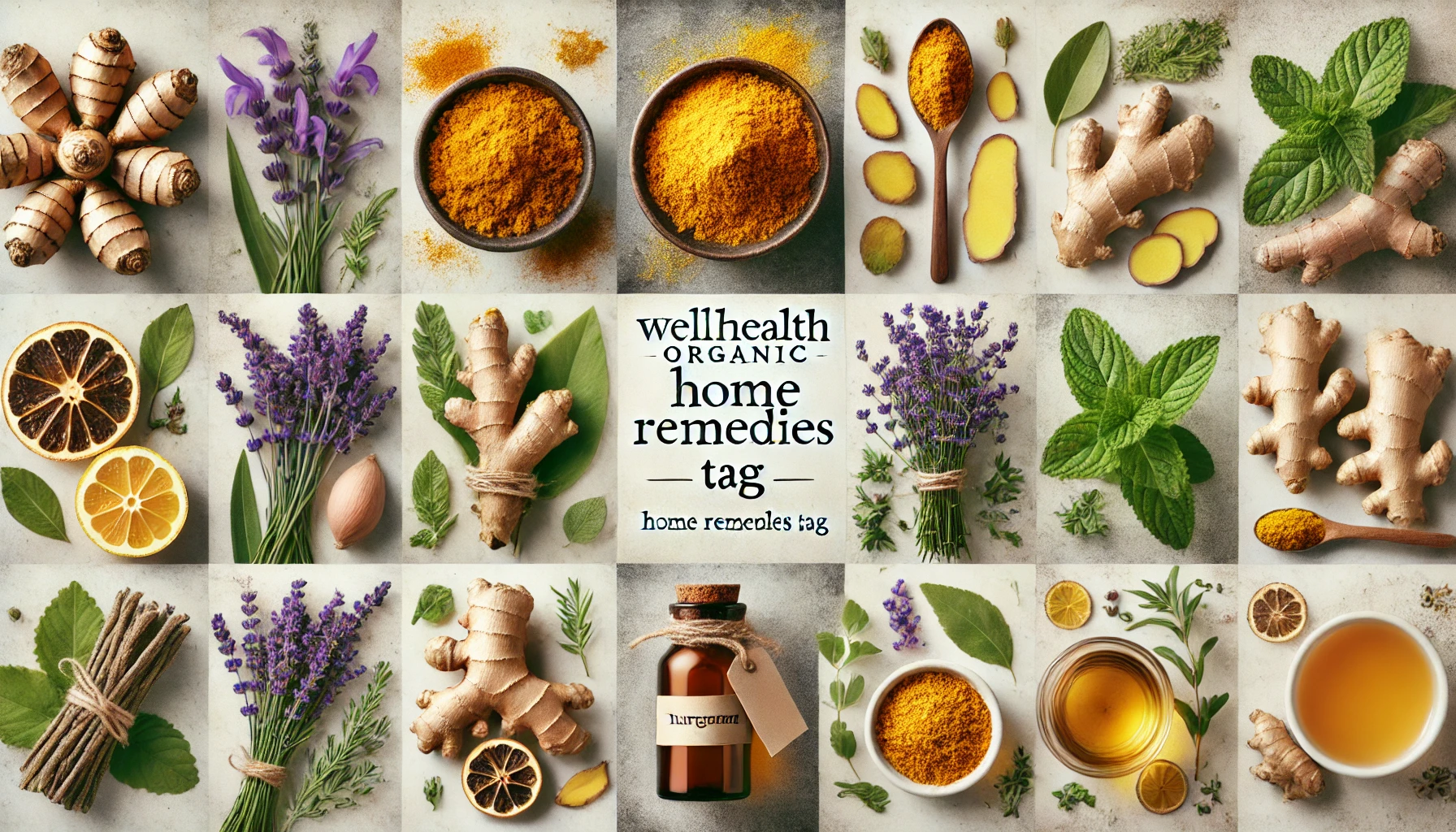In addiction recovery, understanding and avoiding triggers is crucial for maintaining sobriety. Relapse
triggers are situations, people, or emotions that can lead to addiction cravings and relapse.
1. Stress
Stress is a major trigger for relapse. It can overwhelm your coping mechanisms and lead to cravings. To
manage stress, practice relaxation techniques such as deep breathing, meditation, and yoga. Regular
exercise and maintaining a healthy lifestyle can also help reduce stress levels.
2. Pressure
Social pressure to use substances can be challenging to resist. Avoid social situations where drugs or
alcohol are present. Surround yourself with supportive friends and family who respect your sobriety.
Learning to say no and having a plan to leave high-risk situations can help you stay strong.
3. Negative Emotions
Negative emotions like anger, sadness, and frustration can trigger cravings. Develop healthy ways to
cope with these emotions, such as talking to a therapist, journaling, or engaging in hobbies. Identifying
and addressing the root causes of your emotions can reduce their impact on your sobriety.
4. Places Associated with Substance Use
Returning to places where you used to use substances can trigger cravings. Avoid these places and find
new, healthy environments to spend your time. If you must go to a place associated with past use, bring
a supportive friend and have a plan to leave if you feel uncomfortable.
5. People Associated with Substance Use
Being around people who use substances can tempt you to relapse. Distance yourself from friends or
acquaintances who do not support your recovery. Build a new social network of individuals who
encourage your sobriety and engage in healthy, substance-free activities.
6. Celebrations and Holidays
Celebrations and holidays often involve alcohol and can be triggering. Plan ahead for these events by
bringing your own non-alcoholic beverages and having a trusted friend or family member for support.
Focus on enjoying the company and activities rather than the substances present.
7. Boredom
Boredom can lead to thoughts of using substances as a way to pass the time. Keep yourself busy with
productive and enjoyable activities. Engage in hobbies, volunteer, or join clubs and groups that interest
you. Staying active and involved can reduce the temptation to use substances.
8. Fatigue
Feeling tired can lower your resistance to cravings. Ensure you get enough rest and maintain a healthy
sleep schedule. Avoid overcommitting yourself and recognize when you need to take a break. Listening
to your body and getting adequate rest can help you stay strong in your recovery.
9. Celebratory Drinking
Feeling happy or successful can sometimes lead to thoughts of celebratory drinking. Find alternative
ways to celebrate your achievements, such as treating yourself to a special meal, enjoying a day out, or
sharing your success with supportive friends and family. Recognize that your accomplishments are
worth celebrating without substances.
10. Isolation
Isolation and loneliness can increase the risk of relapse. Stay connected with supportive people, attend
recovery meetings, and participate in group activities. Building a strong support network can help you
feel less alone and provide encouragement to stay sober.
By recognizing these triggers and developing strategies to avoid them, you can reduce the risk of relapse
and strengthen your recovery.
Practice relaxation techniques, maintain a healthy lifestyle, and build a supportive social network. Stay
active, get enough rest, and find alternative ways to celebrate.
Staying connected with others and seeking support when needed are crucial for long-term sobriety.
Your recovery journey is unique, and understanding your triggers is a key part of maintaining a healthy,
substance-free life.





